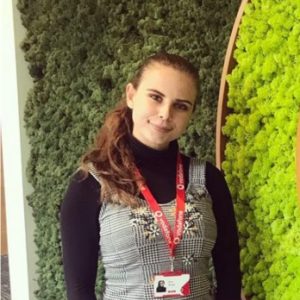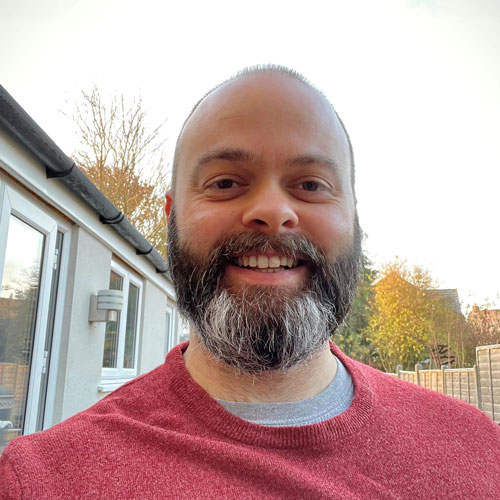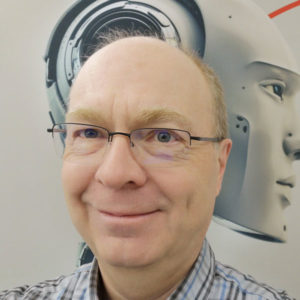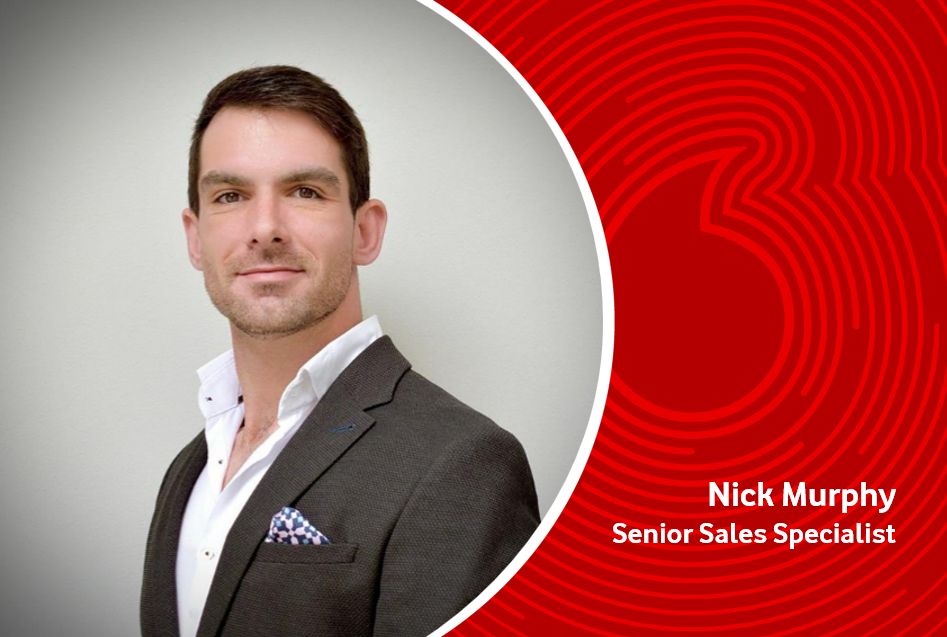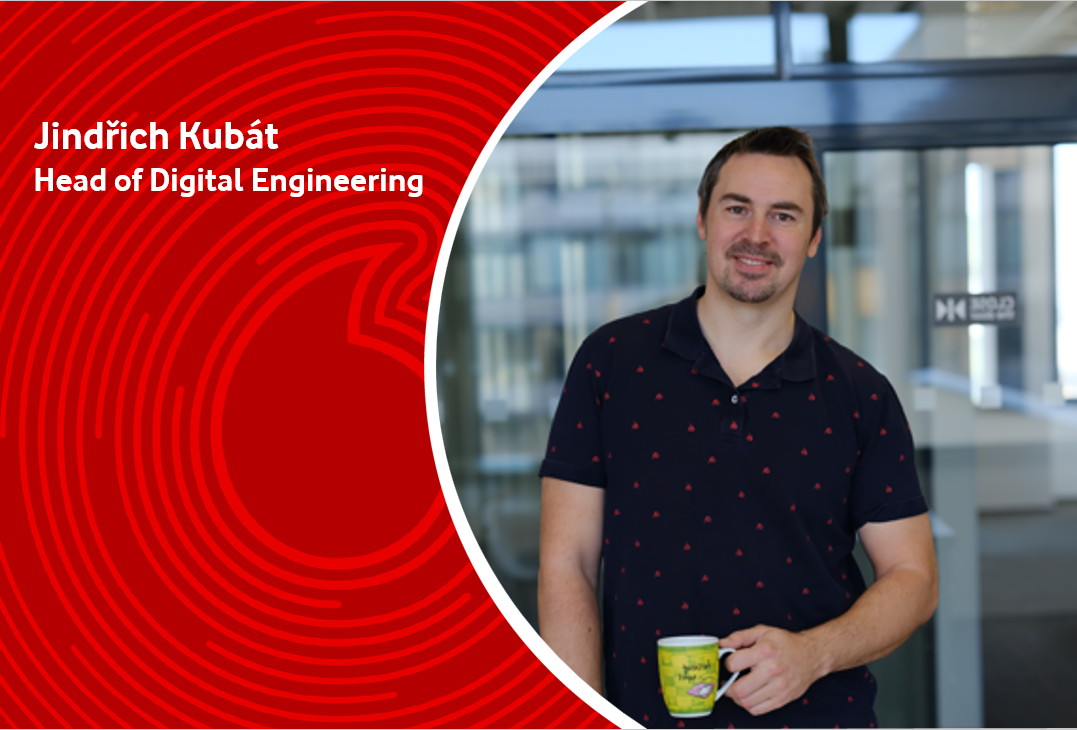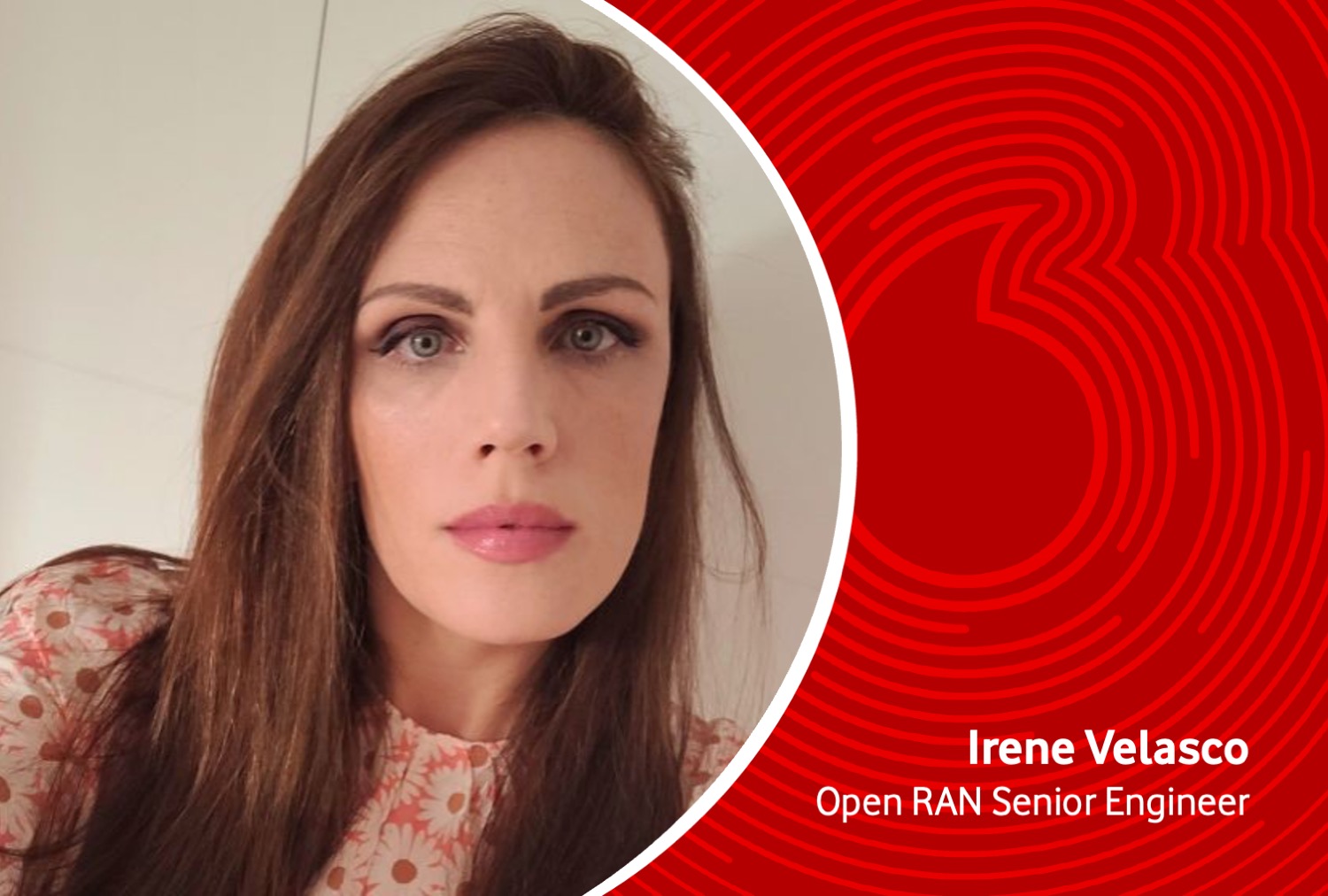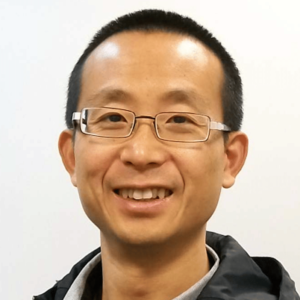
Dr Jindong Hou
Lead Research and Innovation Architect“What if we could use our data to auto-resolve our problems?”
That’s the question we asked ourselves in 2020, when our Vodafone Cloud Infrastructure (VCI) team set out to form an AI community across Vodafone. The goal was to break silos by applying machine learning (ML) and natural language processing (NLP) techniques to solve real-world problems together.
Motivated to improve ops efficiency, we embarked on our AIOps Zero Touch Operation project, an innovation which has seen us move to using AI for IT system/process automation across Vodafone.
Our Vodafone Incident IT Ticket Resolution system, Remedy, is a great example of what we’ve achieved. Traditionally it’s been a manual and time-consuming system, but we’ve now developed an AI Decision Engine using NLP. This can predict resolution of any incident raised in Remedy and then trigger an existing automation to solve and close it without human involvement. We developed it using open-source software and existing platforms within Vodafone, and the first use case for VCI – Big Data Platform Services went live in March ’21.
I’m really proud of what we’ve done here. Of course, it wouldn’t have been possible without amazing cross-functional collaboration across multiple domains. We’ve tapped into some truly outstanding talent working for Vodafone and the results speak for themselves. It also goes without saying that Vodafone management has been instrumental in facilitating it all. They gave us full flexibility and encouraged our teams to explore various technical options to tackle the problem.
Here’s more about the journey from some of the fantastic developers of Zero Touch Operations.
 Albania
Albania  Czech Republic
Czech Republic  Deutschland
Deutschland  Greece
Greece  Ireland
Ireland  Italy
Italy  Luxembourg
Luxembourg  Netherlands
Netherlands  Portugal
Portugal  Romania
Romania 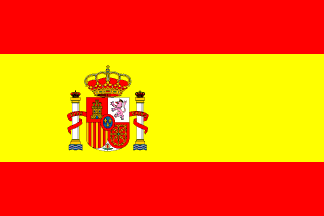 Spain
Spain  United Kingdom
United Kingdom  Asia-Pac Middle East
Asia-Pac Middle East 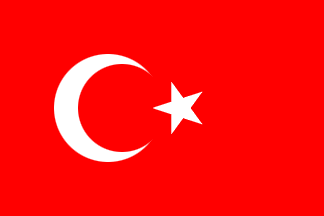 Turkey
Turkey  DR Congo
DR Congo  Egypt
Egypt  Ghana
Ghana 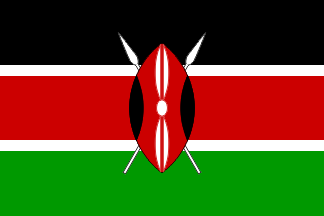 Kenya
Kenya  Lesotho
Lesotho 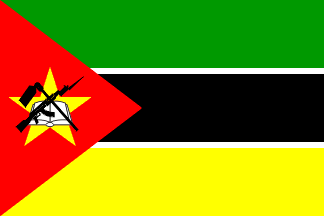 Mozambique
Mozambique  Nigeria
Nigeria  South Africa
South Africa 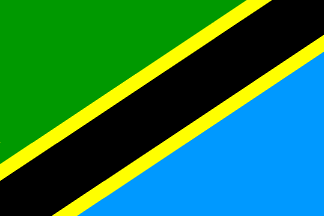 Tanzania
Tanzania 